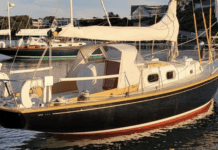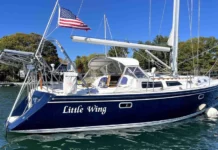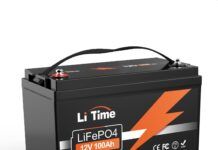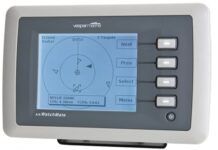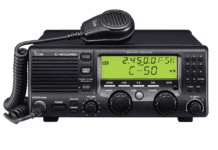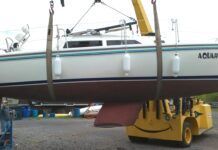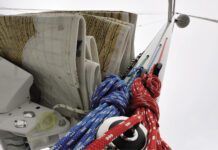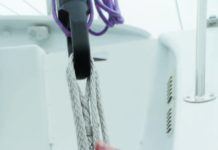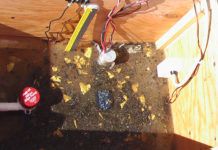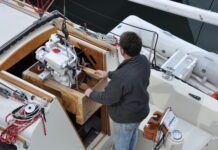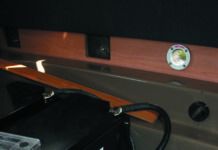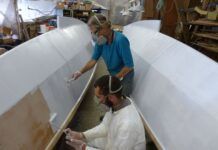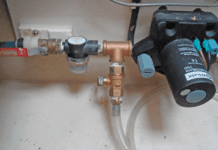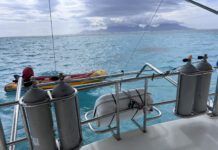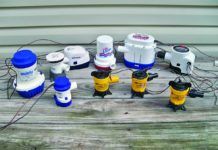Have you ever stopped and thought about how many boat heating options there are? It can be over-whelming even for the most experienced technical mechanic. And yes, there are a multitude of ways to extend the season and keep a cozy cabin, ranging from simple to complex. But how do you choose the best heating option? You must consider many factors, when making this decision.
A definite correlation exists between the degree to which we are warm and dry, and the enjoyment of a sail, or a night at anchor. A damp and chilly environment may be exacerbated by a poorly insulated hull, leaks, and sweating. Sitting beneath a drippy port or headliner, or curling up in a damp bunk, make or break your sailing experience.
Your boat can be matched to a heating system that, at one end of the spectrum, will simply prevent the formation of icicles or, at the other, provide a space as warm as that den at home. Sources range from electric “cubes” and oil-filled radiators plugged in dockside, to hanging lamps, to the nautical equivalent of central heating. Cost ranges from almost nothing to the limits of your credit card, notwithstanding the recapture of part of the initial cost when the boat is sold.
So how do you decide with heat source to go with? Start with the hidden danger of carbon monoxide poisoning. There are two related dangers in heating a boat with any kind of fossil-based fuel. The first is the chance of producing and/or concentrating carbon monoxide in the living spaces. As we know, CO will kill us straightaway. The second is complacency in assuming that we have the CO angle covered adequately. The more the brain is deprived of oxygen, the less able it is to understand what’s happening to it. So, proper ventilation of living spaces aboard a heated boat, no matter what type of system is used, no matter whether it’s vented outboard or via portholes and companionway, is absolutely vital.
Whether you are just considering upgrading your heating system or you ready to start the project, start your research and sharpen you technical know-how by reading Nigel Calders comprehensive guide on how to maintain, and improve your boats essential systems.
If its on a boat and it has screws, wires or moving parts, its covered in the Boatowners Mechanical and Electrical Manual. When you dock or leave the deck with this book, you have at your fingertips the best and most comprehensive advice on technical reference and troubleshooting all aspects of your boat gear.




